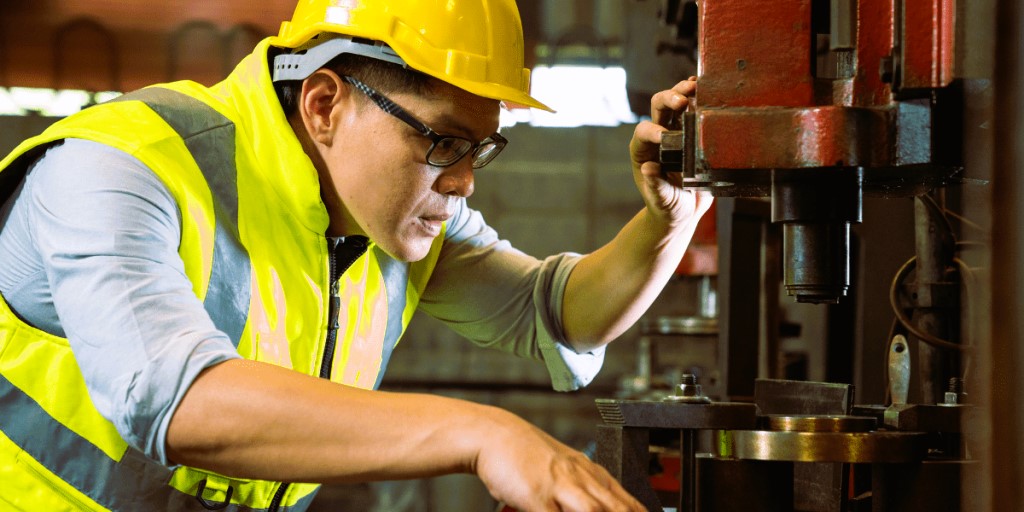
The Role of Production Testing in Ensuring Product Quality
BlogIn the dynamic landscape of manufacturing, where precision and reliability are paramount, production testing emerges as a cornerstone in ensuring the quality of end products. Production testing, a systematic and meticulous process, plays a crucial role in identifying defects, assessing performance, and validating adherence to specified standards. In this article, we will delve into the multifaceted significance of production testing and its pivotal role in upholding product quality.
Understanding Production Testing:
Production testing is a comprehensive quality control process that occurs at various stages of the manufacturing cycle. Its primary objective is to verify that products meet predefined specifications, ensuring they function as intended and comply with regulatory standards. This process involves a series of assessments, measurements, and evaluations, encompassing both individual components and the final assembled product.
Identifying Defects Early:

One of the primary advantages of production testing is its ability to identify defects early in the manufacturing process. By detecting issues at their inception, manufacturers can address and rectify problems before they escalate, preventing the production of faulty or substandard products. This early intervention not only safeguards product quality but also contributes to significant cost savings by reducing the need for rework or recalls.
Ensuring Consistency and Reliability:
Consistency is a hallmark of quality, and production testing ensures that each unit rolling off the production line adheres to the same high standards. By implementing rigorous testing protocols, manufacturers can minimize variations between products, enhancing overall consistency and reliability. This is especially critical in industries where precision is paramount, such as aerospace, automotive, and electronics.
Compliance with Standards:
Regulatory standards are stringent across various industries, and non-compliance can have severe consequences. Production testing serves as a robust mechanism for ensuring that products meet the required standards and regulations. This not only safeguards manufacturers from legal repercussions but also builds trust with consumers who rely on the quality and safety of the products they purchase.
We have collected all the common production testing problems and ways to overcome them in our article.
Integration of Advanced Technologies:
With advancements in technology, production testing has evolved beyond traditional methods. Today, manufacturers leverage sophisticated technologies such as automated testing systems, artificial intelligence, and data analytics to enhance the accuracy and efficiency of their testing processes. These technologies not only expedite testing procedures but also provide valuable insights for continuous process improvement.
Real-world Applications of Production Testing:
The practical applications of production testing span across various industries. For instance, in the automotive sector, production testing ensures that vehicles meet safety and performance standards. In the electronics industry, it verifies the functionality and reliability of electronic components. The aerospace industry relies on production testing to guarantee the structural integrity and performance of aircraft components.
The Human Element in Production Testing:

While technology plays a significant role in modern production testing, the human element remains crucial. Skilled technicians and engineers are essential for designing effective testing protocols, interpreting results, and making informed decisions. The combination of human expertise and technological advancements creates a formidable force in upholding product quality.
Linking to Standards:
Understanding and adhering to industry standards is an integral aspect of production testing. Standards provide a framework for quality assurance and ensure consistency across the manufacturing sector. For more information on standards in Canada, you can refer to authoritative sources such as Wikipedia.
In conclusion, production testing is a linchpin in the quest for product quality and reliability. It goes beyond a mere checkbox in the manufacturing process; it is a proactive approach to identifying and rectifying issues, ensuring compliance with standards, and ultimately delivering products that inspire confidence in consumers. As technology continues to advance, so too will the capabilities of production testing, further cementing its role as an indispensable component in the pursuit of excellence in manufacturing.
Recent Posts
- Maximizing Efficiency: Lean Principles in Production Testing
- Exploring Non-Destructive Testing (NDT) Methods in Production
- Addressing Common Misconceptions About Production Testing
- The Future of Production Testing: Trends and Predictions
- Innovations in Production Testing Technologies: What’s Changing the Game?

